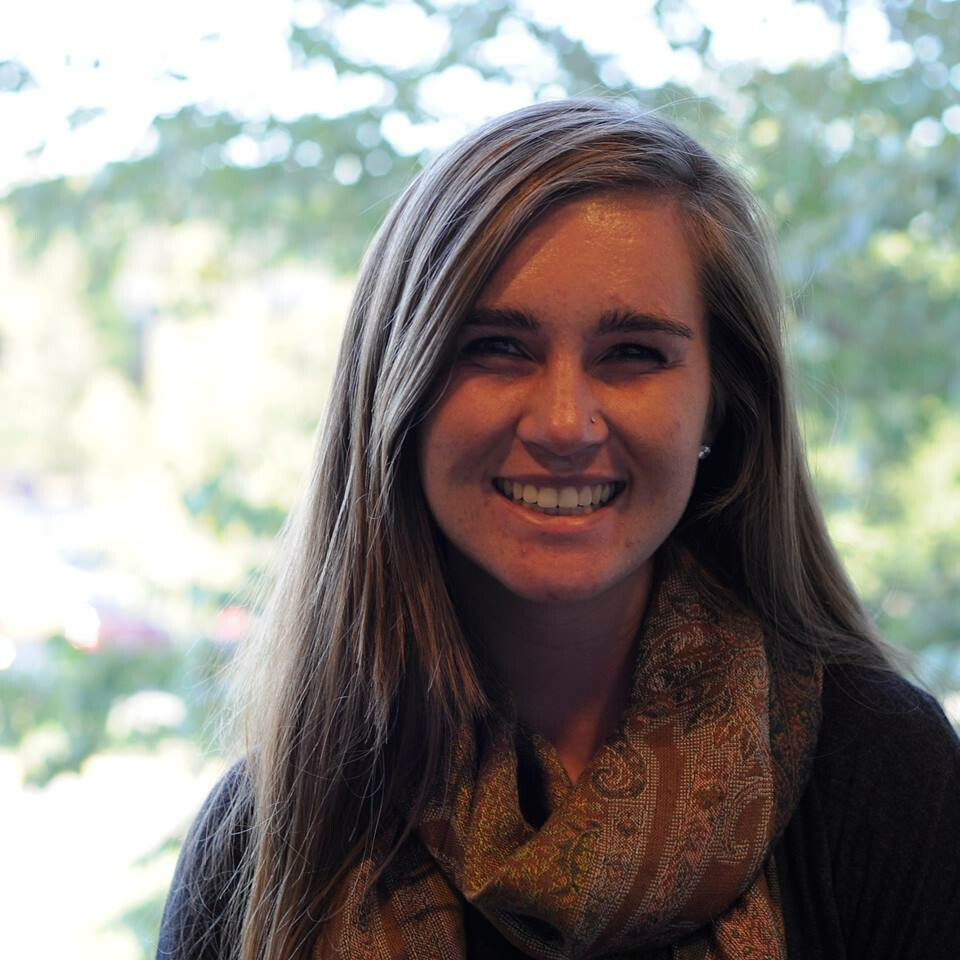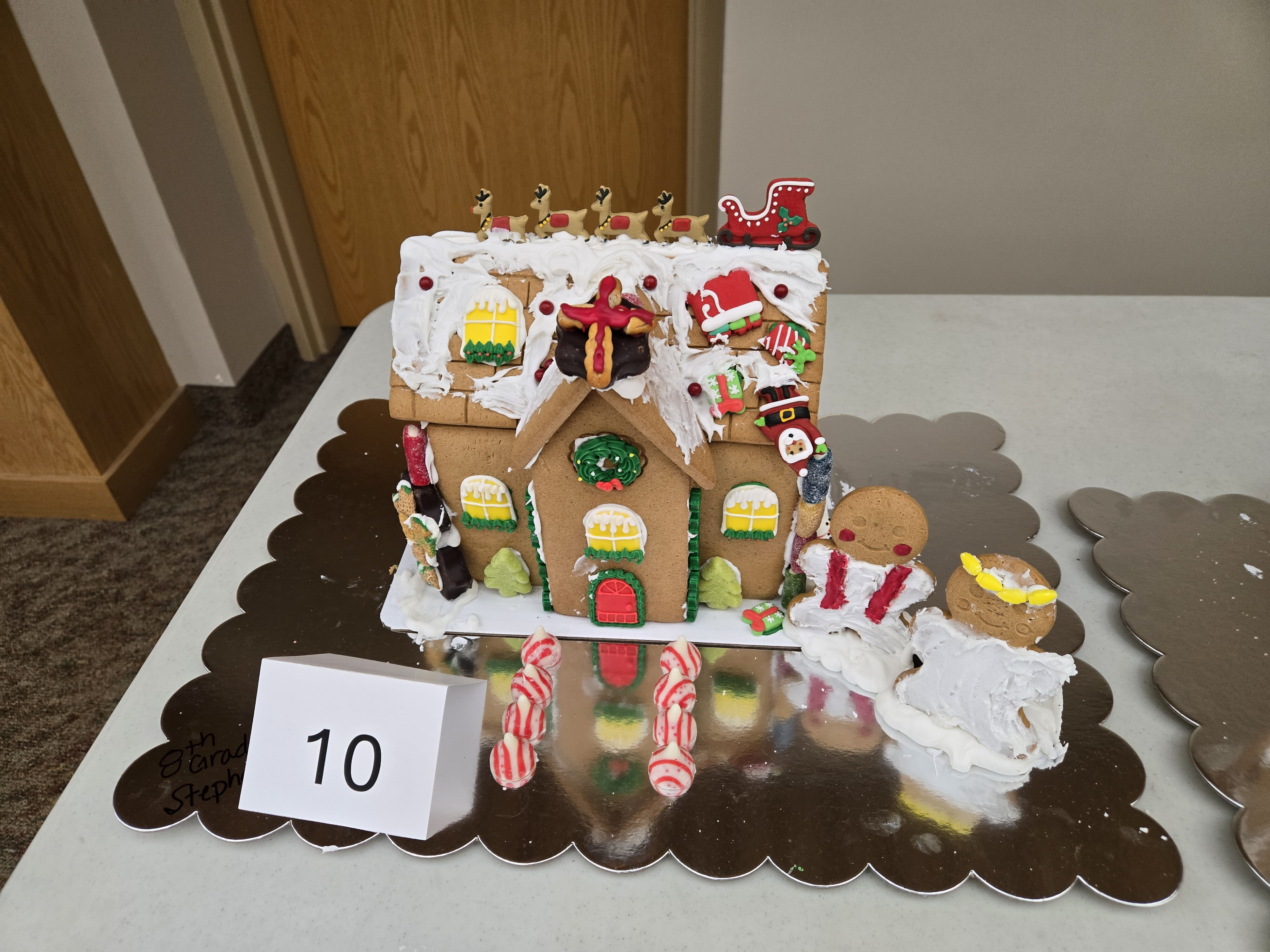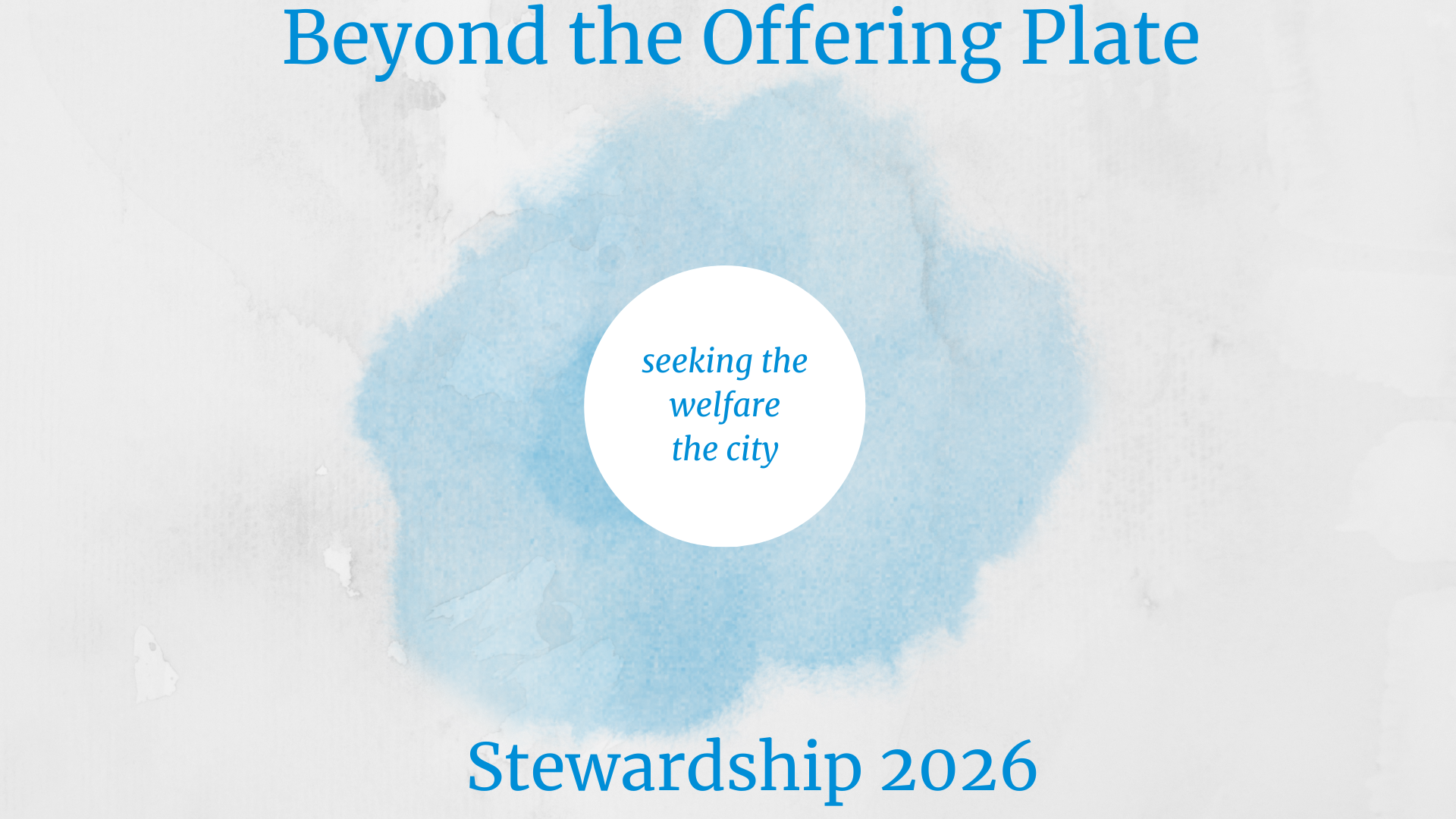Studying to be a Student

“It is…” Teta pauses, and then she sticks her tongue out at me. We laugh at her non-verbal way of showing me the word is on the tip of her tongue. Suddenly, it comes to her: “Guava!”
“Yes!” I reach out to take the fruit back, but Teta shakes her head.
“Iki n’iki?” she asks. What is it? She waves the guava in the air, holding it just out of my reach.
I shake my head, unsure.
“Amapera!” she says, tossing it to me.
I catch it and repeat the word before tossing it back to her. The lesson continues, and we spend the next hour throwing different fruits to (sometimes at) each other as we practice saying the names in languages familiar and foreign. After a while we get bored and try to juggle some of the smaller fruits, but we quickly discover that neither of us are very good at that. The lesson is over, but Teta doesn’t want to go home yet so we see how many other games we can invent. We throw the fruits as high as we can and see how many times we can clap before catching them. We draw faces on the guavas. Eventually, we wash all the fruit we’ve used during the lesson and cut them up for a snack. We whisper the names of each fruit, in English and Kinyarwanda, as we eat them.
This has become our Sunday tradition. It all started a few months ago, on a sunny Sunday afternoon. I was brewing some post-church coffee when I heard a knock at the gate. I went outside, unlocked the gate, and opened it. No one was there. Confused, I started to close the gate, but I felt someone pushing it open from the other side.
“I’m here to learn English!” a voice below me announced. I looked down to find my 9 year old friend, Teta, standing right in front of me. She carried a notebook, a pen, and a look of determination, so I invited her inside.
I didn’t have a formal lesson planned for my unexpected guest, so I had to improvise. I filled the kettle with water, and began making tea. I held up each item as I used it, and repeated its English name several times. Teta carefully replicated each syllable. We continued like that, learning the nouns and verbs necessary to convert water into tea. When the tea was finished, Teta turned to me.
“Speak Kinyarwanda!” she demanded. I laughed, but she insisted. “Speak Kinyarwanda!”
So we went back into the kitchen and pretended to make tea again. This time though, when I said the word in English, Teta would say it in Kinyarwanda. When we were done, Teta seemed satisfied with her new words and with my attempts at speaking her language. She’s come to my house for an interactive lesson every Sunday since.
Teacher Amy, Student Amy
I’m writing to you from Huye, Rwanda, where I teach English to university students at the Protestant Institute of Arts and Social Sciences (PIASS). When I’m not teaching classes for students or staff members, I spend my time facilitating English Bible Study, assisting with Debate Club, and getting to know the students.
Many of my community members call me “Teacher” or “Teacher Amy.” And while it is true that my job at PIASS is to teach, my calling in Rwanda is to learn. During debate club meetings I teach argumentation and persuasive techniques, but I learn about the varied communication styles of Rwandan, Burundian, Congolese, and South Sudanese students. During choir practice the students will sometimes ask me to teach them an English song, but I spend most of my time learning Kinyarwanda songs and Rwandan dances. During Bible study I bring the resources for our discussion, but the students teach me about what it means to be a faithful follower and the importance of reading God’s Word.
Although I am not fluent in Kinyarwanda, and Teta is not fluent in English, we continue to learn from each other. I am grateful for this opportunity to share with my community through a constant exchange of teaching and learning – a practice that will forever change the way I interact with others. We can learn something from everyone if we are willing to humble ourselves. Each day I pray: “Lord, let me never cease to marvel at the wonder of your creation.” When we give up the title of “Teacher” and embrace the role of “student” we open ourselves up to see God in others.
Amy Mihelich
Amy Mihelich is serving in Rwanda through Young Adults in Global Mission (YAGM) on behalf of the Saint Paul Area Synod & her home church, Faith Lutheran Church.






Login To Leave Comment